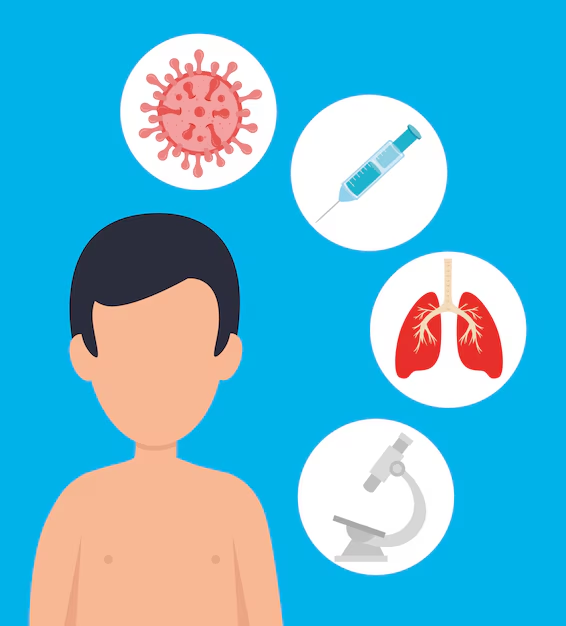The percentage of non-communicable (non-infectious) disease-related mortality rose from 37.9% in 1990 to 61.8% in 2016, according to research by the Indian Council of Medical Research (ICMR). Currently, over 66% of deaths in India are attributed to non-communicable diseases. These primarily include respiratory disorders, diabetes, cancer, and heart-related conditions.
Non-communicable diseases (NCDs) are a group of conditions that are not caused by an infection and are not spread from person to person. They are the leading cause of death and disability worldwide, accounting for 74% of all deaths, as per the World Health Organization (WHO).
Causes of rising cases of NCDs
Poor dietary habits, lack of physical activity, air pollution, smoking, and obesity are main factors behind the growing prevalence of these diseases. Interestingly, lifestyle changes linked to rising incomes, such as increased consumption of processed foods and sedentary habits, have also played a role.
Dr. Arun Gupta, Chairman of the Delhi Medical Council, attributes this shift to advancements in controlling infectious diseases through vaccines, antibiotics, and improved healthcare access. “Deaths due to communicable diseases have decreased significantly since 1990, but this has been offset by a surge in non-communicable diseases,” he says.
Dr. Gupta also warns of upcoming epidemic of NCDs in the next decade if preventive measures are not adopted. Chronic conditions like diabetes and hypertension already affect multiple organs, including the heart, kidneys, and brain, leading to severe complications.
Preventive Measures: A Healthy Lifestyle is Key
Changes in lifestyle are essential to curb the rise in NCDs:
- Balanced Diet: Avoid deep-fried, sugary, and processed foods. Embrace whole grains, fruits, and vegetables.
- Regular Exercise: Engage in physical activities like walking, running, or yoga.
- Stress Management: Practices yoga, meditation and maintain good sleep habits.
- Quit smoking and limit alcohol consumption.
Addressing this growing challenge requires a collective effort, including awareness campaigns, healthcare reforms, and individual commitment to healthier living. Making these changes today can help reduce the burden of NCDs tomorrow.

